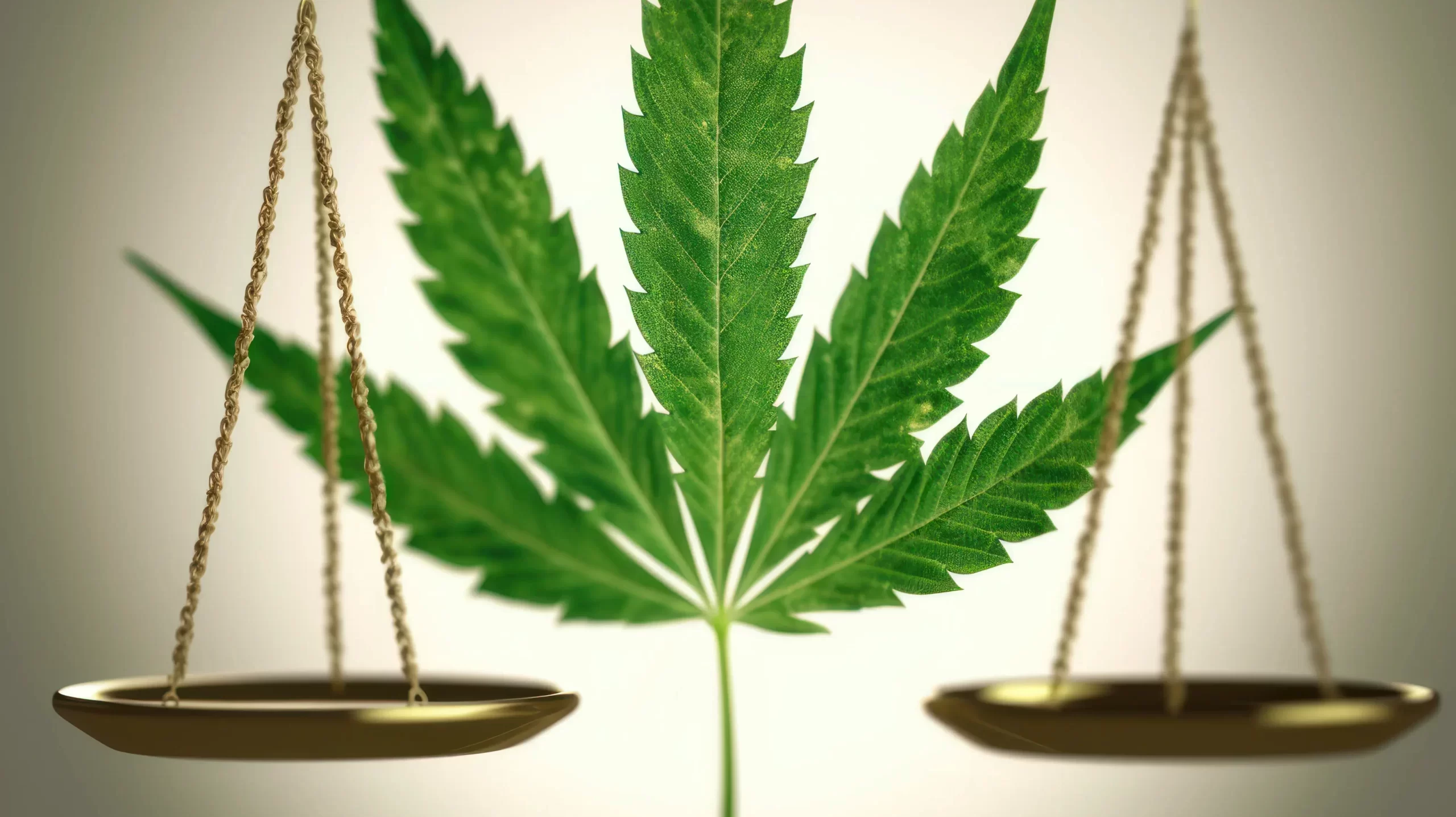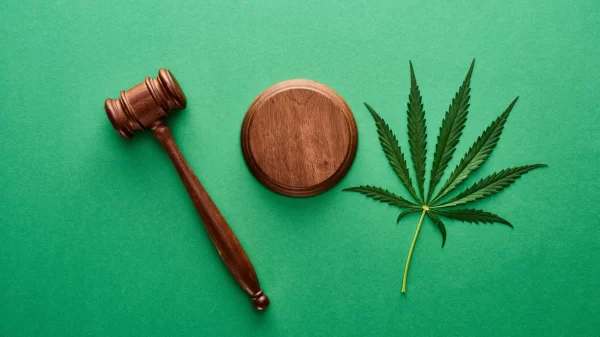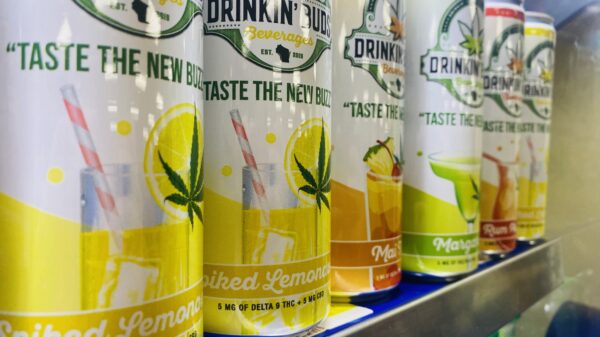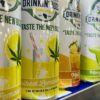A poorly crafted and hastily written House Bill 445 has become Alabama’s latest legal disaster: a 25-page jumble of contradictions and confusion that would be almost comical if it weren’t so serious.
HB445 bans the sale of smokable hemp products in Alabama, while also imposing a labyrinth of regulations on consumable hemp products like edibles, drinks, tinctures and topicals. These products are capped at 10 mg THC per serving and 40 mg per package. Every manufacturer, distributor and retailer will need a license from the Alabama Alcoholic Beverage Control Board. Testing and labeling standards, age restrictions (21+), no online sales or deliveries, and a 10 percent excise tax on sales — all spelled out, yet often in the vaguest possible terms.
But here’s where the law’s confusion reaches a fever pitch: it takes effect on July 1, 2025, but the licensing, testing and enforcement provisions don’t kick in until January 1, 2026. The result? A six-month no-man’s-land with no clear rules for businesses, law enforcement or the public. As of now, the ABC Board has not issued a single page of detailed guidance, even though the law places that responsibility squarely on their shoulders.
Rep. Andy Whitt, who sponsored HB445 in the Alabama House, and Sen. Tim Melson, who championed it in the Senate, have both admitted it is unclear whether smokable hemp vapes are banned, while Whitt insists the Board is “diligently working to release clear guidelines.” But no one can say when those guidelines will materialize. Meanwhile, Alabama Attorney General Steve Marshall’s office told Al.com just this past week that smokable hemp products will become illegal on July 1, 2025 — adding to the chaos and confusion.
Does this mean that any edible, drink, tincture or topical that exceeds the 10 mg THC per serving or 40 mg per package caps will no longer be legal to sell in Alabama? Will retailers be forced to clear their shelves? Will manufacturers have to reformulate or leave the state? And will anyone caught in possession or sale of these products face criminal penalties?
As if that’s not confusing enough.
This isn’t the first time Alabama has tried to regulate a federally legal product and found itself on shaky constitutional ground. Just last month, the Petroleum and Convenience Marketers of Alabama sued the state over House Bill 8, a new law restricting the sale of e-cigarettes and vapes in convenience stores. Their lawsuit argued that Alabama’s heavy-handed restrictions were preempted by federal law and violated the Supremacy Clause — echoing familiar concerns about HB445. In the PCMA’s own words: “To the extent that the specialty-retailer provision purports to allow the ABC Board… to bring enforcement against retailers based solely on whether a product has been formally authorized by FDA, this provision is preempted by federal law.” Faced with this challenge, Alabama quickly backed down, agreeing to let stores keep selling products long protected by federal law.
This legal tug-of-war isn’t new for Alabama. Time and again, the state has tried to impose its own rules on federally regulated products, only to retreat when confronted with the Supremacy Clause. HB445’s ban on smokable hemp is a carbon copy of this pattern: a state law that collides with federal protections for hemp, imposing harsh criminal penalties on a product that, ironically, is less intoxicating than marijuana itself. If history is any guide, HB445 may not survive the same constitutional scrutiny.
Here is where the law’s contradictions become more than just legislative laziness. Under HB445, selling or possessing smokable hemp — a product with negligible THC, no intoxicating effects, and recognized wellness benefits — becomes a Class C felony, punishable by up to 10 years in prison. Meanwhile, marijuana possession in Alabama remains a misdemeanor, carrying up to a year in jail or a fine.
This inconsistency isn’t just curious — it’s potentially unconstitutional. The Equal Protection Clause of the Fourteenth Amendment demands that the law treat similarly situated substances alike unless there’s a rational reason to treat them differently. Smokable hemp and marijuana are both plant-based products that people smoke. But smokable hemp has almost no THC and no intoxicating effect, while marijuana is a known psychoactive substance. There’s no rational basis for treating the less harmful product — the one that won’t get you high — more harshly.
The state will likely argue it’s protecting public health, but that argument collapses under the weight of logic: hemp, by definition, has negligible THC. To treat it more severely than marijuana — especially in a state that only recently took steps to reduce marijuana penalties — looks arbitrary and capricious. The law’s heavy-handed punishment doesn’t align with the relative risk, and that’s a red flag under the Substantive Due Process Clause. Criminal laws must be reasonable and proportional to the harm they address. Here, there’s no harm to justify a 10-year felony sentence for selling a product that’s already legal under federal law.
There’s even a credible argument that this law amounts to cruel and unusual punishment under the Eighth Amendment. Ten years in prison for a non-psychoactive, federally legal product? That doesn’t just strain credulity — it strains the Constitution itself.
HB445 isn’t just a policy mistake. It is a moral and legislative failure. Alabama lawmakers have created a legal contradiction that punishes common sense rather than protecting public safety. If this law isn’t challenged, it will criminalize people not for selling something dangerous, but for selling a product that, ironically, is less harmful than marijuana. Alabama deserves better than laws that ignore reason, upend fairness and trample the very constitutional principles that are supposed to protect us all. We must demand that our lawmakers revisit this misguided law, correct its contradictions, and restore the balance between public safety and personal liberty. Because if the law is meant to serve the people, it must also serve justice — and HB445 serves neither.




















































